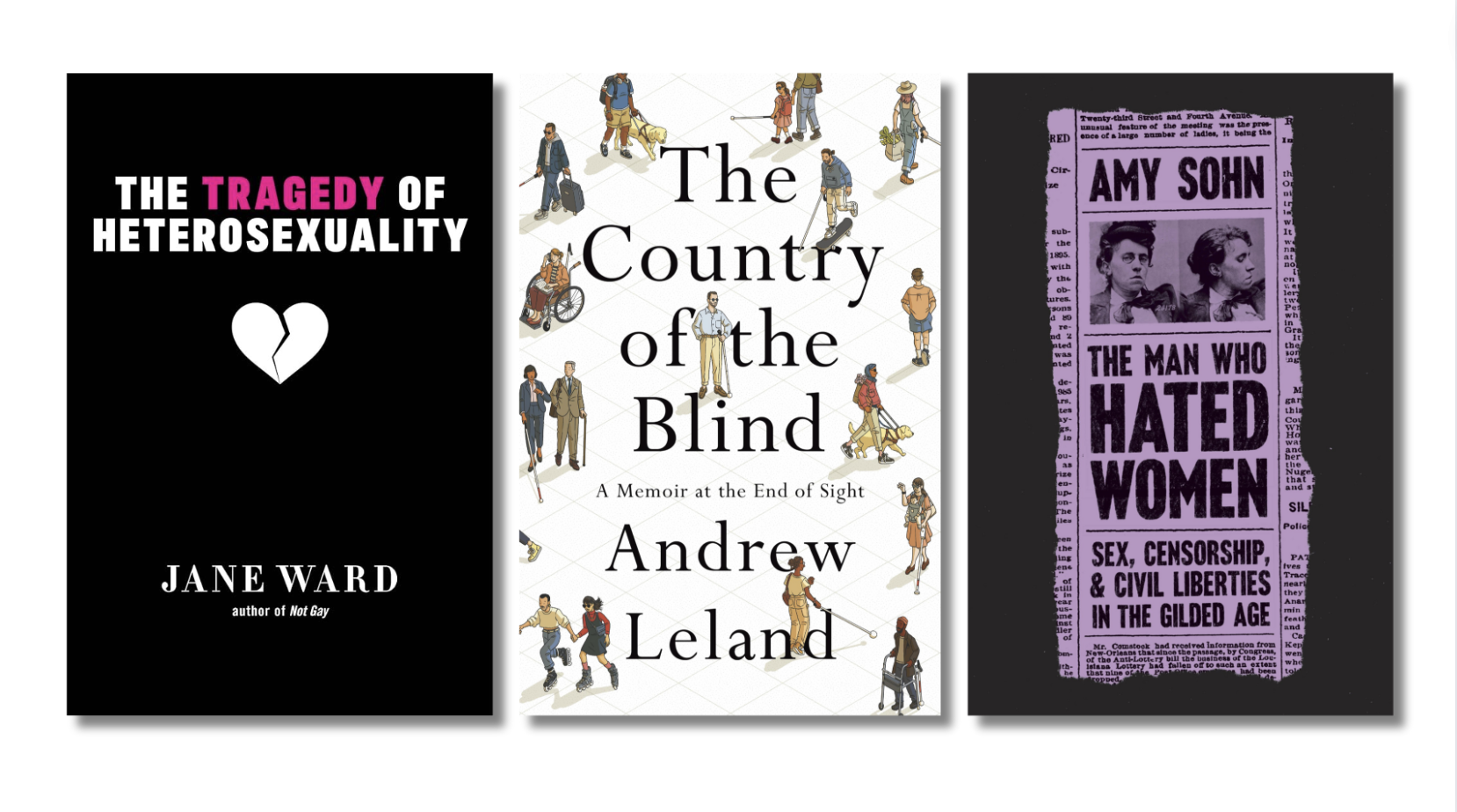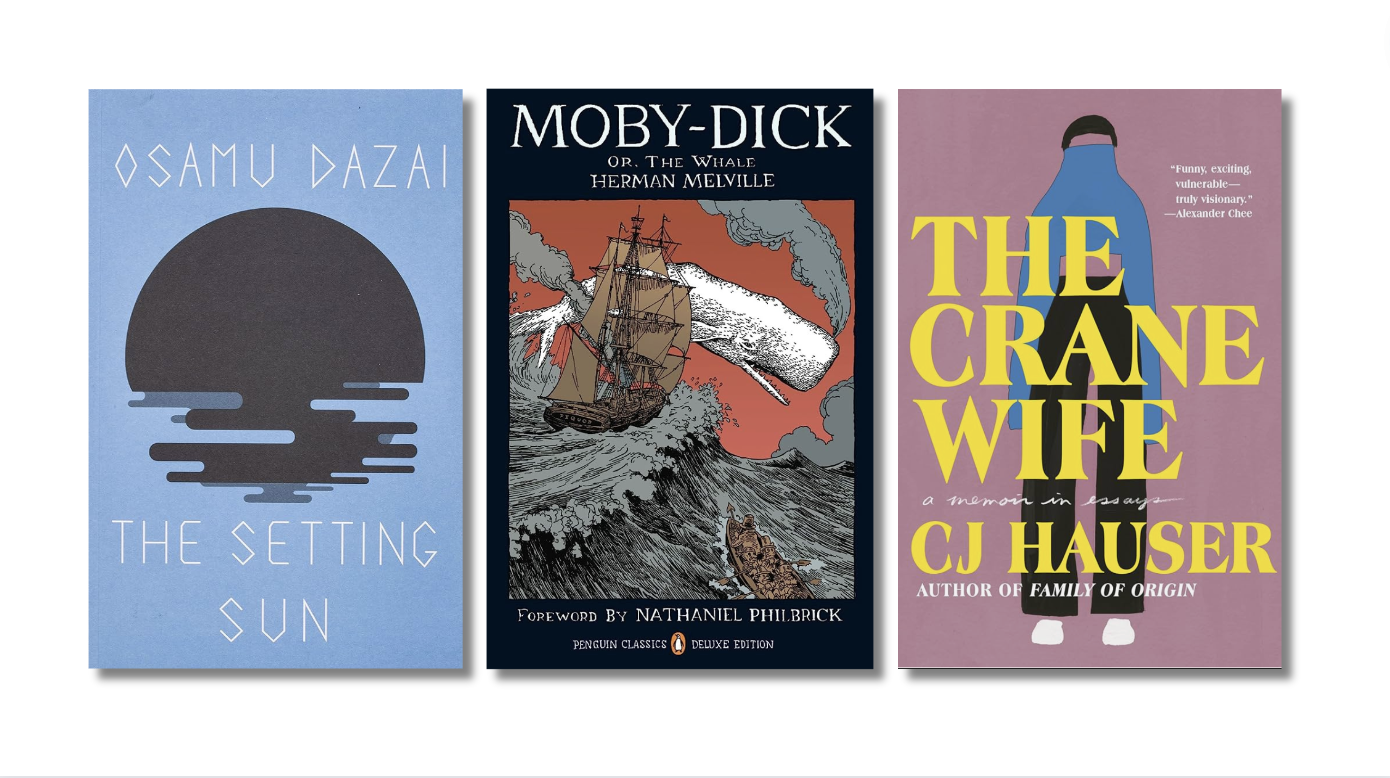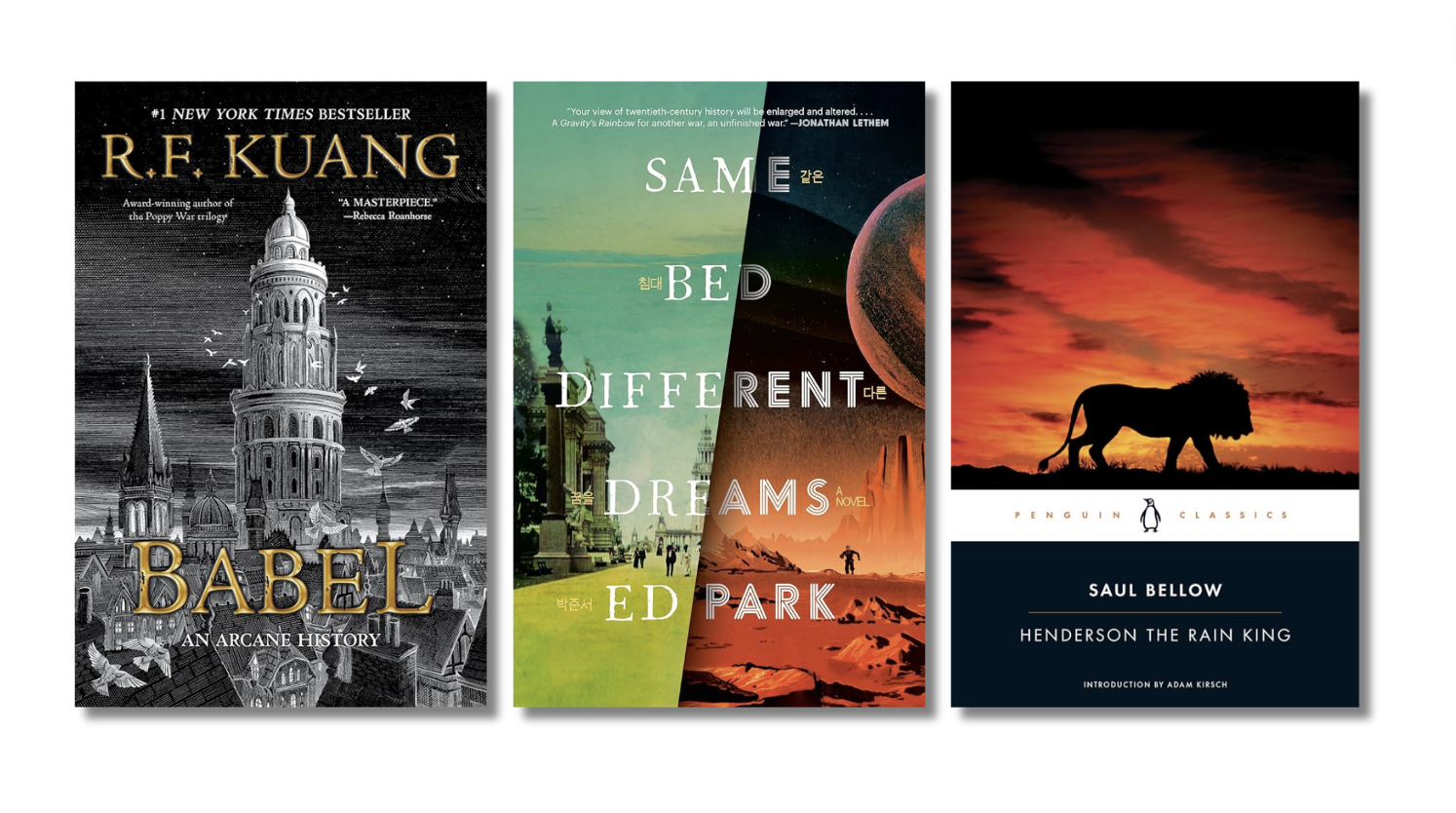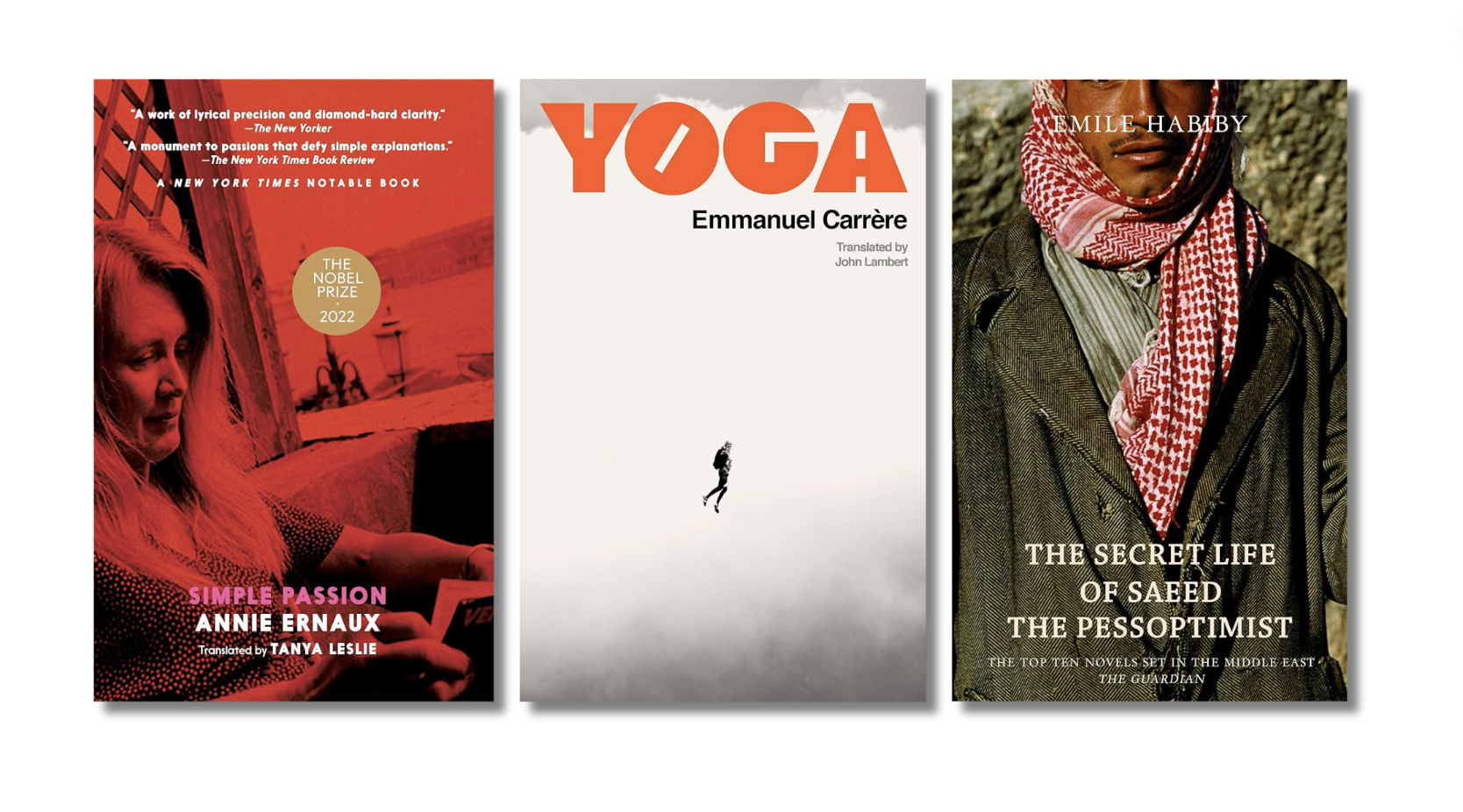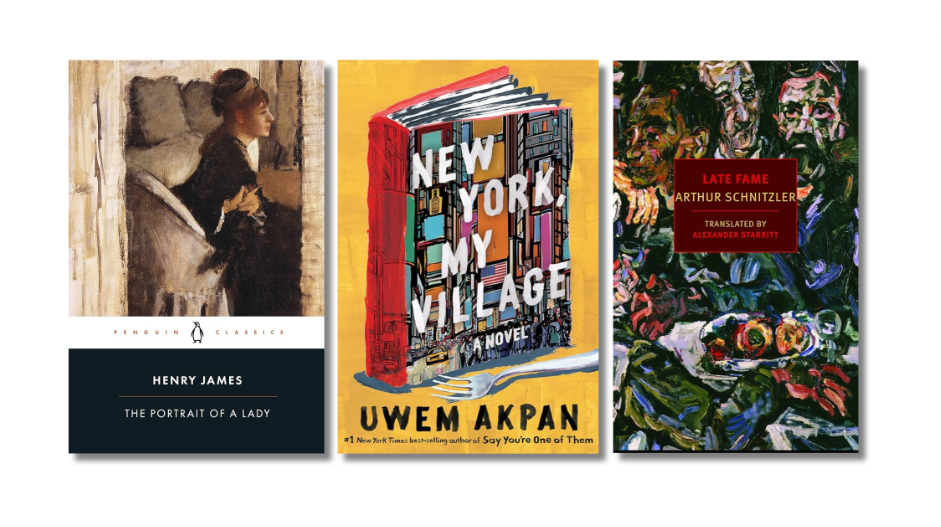This was the year my son became a toddler — which is to say, the year I surrendered the keys to my attention span to a traveling companion by turns delightful, dilatory, and insane. Among the casualties of this shift was an essay I had planned to write, called “How Having a One-year-old Will Change Your Reading and Writing Habits” … along with several hundred other essays, reviews, articles, and epic poems that got interrupted partway through. But the kid has just gone down for a nap, which should buy me an hour or two, provided all goes well. And I do have my notes. (My notes! How optimistic that phrase now sounds!) What follows, then, is a kind of museum of my failures, an atlas of incompletion, a tour of the ruins of a future that never came. I call it “Reviews I Did Not Write This Year.”
1. Game-Changer
 The single best thing I read in 2011 was Steps to an Ecology of Mind, a career-spanning nonfiction collection from the late anthropological polymath and proto-hippie genius Gregory Bateson. This may sound forbidding — and it is, in a way. Bateson is an artist of abstraction on par with Derrida or Kant. (What the hell is an “Ecology of Mind”, e.g.? Something like a way of thinking about thinking. Or thinking about thinking about thinking…) But Bateson’s method is inductive; each essay builds lucidly from some specific subject — alcoholism, Balinese art, the conversation of porpoises — toward a larger concern with form, communication, complexity, and how they inform systems of all kinds. After 400 pages of this, “Systems Theory,” which is another, uglier name for “Ecology of Mind,” comes to look like the great Road Not Taken of Western Thought. Or maybe a road gone partway down, backed out of, blocked off, and erased from the map, in favor of the road that got us to where we are today. In short, this book changed my brain. I don’t think it’s too strong to say that it changed my life.
The single best thing I read in 2011 was Steps to an Ecology of Mind, a career-spanning nonfiction collection from the late anthropological polymath and proto-hippie genius Gregory Bateson. This may sound forbidding — and it is, in a way. Bateson is an artist of abstraction on par with Derrida or Kant. (What the hell is an “Ecology of Mind”, e.g.? Something like a way of thinking about thinking. Or thinking about thinking about thinking…) But Bateson’s method is inductive; each essay builds lucidly from some specific subject — alcoholism, Balinese art, the conversation of porpoises — toward a larger concern with form, communication, complexity, and how they inform systems of all kinds. After 400 pages of this, “Systems Theory,” which is another, uglier name for “Ecology of Mind,” comes to look like the great Road Not Taken of Western Thought. Or maybe a road gone partway down, backed out of, blocked off, and erased from the map, in favor of the road that got us to where we are today. In short, this book changed my brain. I don’t think it’s too strong to say that it changed my life.
2. Novels
 Of the novels I read this year, my favorite was probably Philip Roth’s Sabbath’s Theater, but I’ve written about that elsewhere, so I guess there’s no room for it here. Equally captivating were a pair of books from that nebulous period just before Joyce and Eliot and Woolf arrived to put their stamp on literary history. The first was Lucky Per, the magnum opus of the Danish Nobelist Henrik Pontoppidan. First published in 1904, it’s either a late masterpiece of 19th century Realism, or an early masterpiece of 20th century Modernism … or maybe the missing term between them. Pontoppidan gives us both a Balzacian examination of a society on the cusp of cosmopolitanism and a Kierkegaardian x-ray of the vacant place where we once imagined the individual soul. Filling that vacancy is the hero-journey of the eponymous Per, and it culminates in one of the great, strange endings of world literature. But don’t take my word for it. Take Fredric Jameson’s. (Inexplicably, by the way, Lucky Per remained untranslated into English until a dear friend of mine took this mitzvah upon herself. In a just world there would be a nice Oxford World Classics edition of this available for $10, but as it stands, it’s a pricey import.)
Of the novels I read this year, my favorite was probably Philip Roth’s Sabbath’s Theater, but I’ve written about that elsewhere, so I guess there’s no room for it here. Equally captivating were a pair of books from that nebulous period just before Joyce and Eliot and Woolf arrived to put their stamp on literary history. The first was Lucky Per, the magnum opus of the Danish Nobelist Henrik Pontoppidan. First published in 1904, it’s either a late masterpiece of 19th century Realism, or an early masterpiece of 20th century Modernism … or maybe the missing term between them. Pontoppidan gives us both a Balzacian examination of a society on the cusp of cosmopolitanism and a Kierkegaardian x-ray of the vacant place where we once imagined the individual soul. Filling that vacancy is the hero-journey of the eponymous Per, and it culminates in one of the great, strange endings of world literature. But don’t take my word for it. Take Fredric Jameson’s. (Inexplicably, by the way, Lucky Per remained untranslated into English until a dear friend of mine took this mitzvah upon herself. In a just world there would be a nice Oxford World Classics edition of this available for $10, but as it stands, it’s a pricey import.)
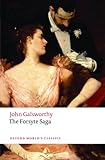 The Forsyte Saga, which I read this summer, covers some of the same historical territory, but in England, rather than Denmark. You won’t catch me saying this often, but I think Virginia Woolf and V.S. Pritchett missed the boat on this one. Galsworthy’s style — his “port-wine irony,” as Pritchett puts it — looks pretty tasty a hundred years later, when the cultural palate tends to run either to near-beer or Jägermeister. And though he lacks the psychological penetration of a Pontoppidan (or a Woolf, for that matter) Galsworthy’s astuteness as an observer of the bourgeois mores that formed him is unimpeachable. You can almost read The Forsyte Saga as a spy novel, the work of a double-agent that both informs on and sympathizes with his class.
The Forsyte Saga, which I read this summer, covers some of the same historical territory, but in England, rather than Denmark. You won’t catch me saying this often, but I think Virginia Woolf and V.S. Pritchett missed the boat on this one. Galsworthy’s style — his “port-wine irony,” as Pritchett puts it — looks pretty tasty a hundred years later, when the cultural palate tends to run either to near-beer or Jägermeister. And though he lacks the psychological penetration of a Pontoppidan (or a Woolf, for that matter) Galsworthy’s astuteness as an observer of the bourgeois mores that formed him is unimpeachable. You can almost read The Forsyte Saga as a spy novel, the work of a double-agent that both informs on and sympathizes with his class.
3. Addendum
I’d be remiss, too, if I didn’t mention David Markson’s Wittgenstein’s Mistress, which is just as amazing as everyone says it is. This had lingered on my list for years. If it’s done the same on yours, promote it to the top, post-haste.
4. Best New Fiction
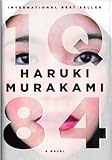
 As far as newish fiction, my favorites were David Foster Wallace’s The Pale King, Helen DeWitt’s Lightning Rods, Martin Amis’ The Pregnant Widow, and Haruki Murakami’s IQ84. The first two I wrote about here and here, so: disqualified on a technicality. But that’s a good thing, because it gives me more space to talk about The Pregnant Widow. This one struck me as a hetero version of Alan Hollinghurst’s The Line of Beauty, only set in the go-go ’60s rather than the go-go ’80s. (If that description had appeared on the jacket, it would have been enough to get me to buy the book, as there are few things I love more than Hollinghurst, the ’60s, and books about sex.) Amis being Amis, the writing is fantastic. More importantly, though, this book shows off the heart everyone says he doesn’t have. It’s a wistful little f–ker, at that. In fact, The Pregnant Widow would be Amis’ best book … were it not marred by an abominable coda. (Trust me on this: just stop on page 308. Bind the rest of the pages shut with glue, if you have to. Rip them out. Burn them. They never happened.)
As far as newish fiction, my favorites were David Foster Wallace’s The Pale King, Helen DeWitt’s Lightning Rods, Martin Amis’ The Pregnant Widow, and Haruki Murakami’s IQ84. The first two I wrote about here and here, so: disqualified on a technicality. But that’s a good thing, because it gives me more space to talk about The Pregnant Widow. This one struck me as a hetero version of Alan Hollinghurst’s The Line of Beauty, only set in the go-go ’60s rather than the go-go ’80s. (If that description had appeared on the jacket, it would have been enough to get me to buy the book, as there are few things I love more than Hollinghurst, the ’60s, and books about sex.) Amis being Amis, the writing is fantastic. More importantly, though, this book shows off the heart everyone says he doesn’t have. It’s a wistful little f–ker, at that. In fact, The Pregnant Widow would be Amis’ best book … were it not marred by an abominable coda. (Trust me on this: just stop on page 308. Bind the rest of the pages shut with glue, if you have to. Rip them out. Burn them. They never happened.)
IQ84 is, similarly and just as surprisingly, also full of heart (though Murakami’s temperament here runs more toward Tin Pan Alley than Let it Bleed). And, now that I think of it, IQ84 could likewise have used a nice strong edit at the end. But who’s going to complain about a thousand pages of assassins, “simple meals,” crazy religious cults, and “little people”? There are a million billion holes I could poke in this book, but for me, IQ84 bypassed questions of good taste entirely, en route to being often within shouting distance of the great. Just in terms of the massive tractor-beam effect it exerted on my attention, it was the most pleasurable reading experience I had all year. Away from it, I couldn’t wait to get back.
5. Brief Books With European Pedigrees
 A wonderful new discovery for me was Lore Segal, whose Lucinella couldn’t be more unlike IQ84. It’s short, for one thing — I read it back during the time I thought I would read only short books. It’s wickedly funny, for another (writers’ colonies may be easy game, but it takes chutzpah to make sport of the gods). Also: it’s just exquisitely written. Here, the pleasure is less in the narrative burlesque than in every beautifully turned sentence. A New Year’s resolution: I will read more Lore Segal in 2012.
A wonderful new discovery for me was Lore Segal, whose Lucinella couldn’t be more unlike IQ84. It’s short, for one thing — I read it back during the time I thought I would read only short books. It’s wickedly funny, for another (writers’ colonies may be easy game, but it takes chutzpah to make sport of the gods). Also: it’s just exquisitely written. Here, the pleasure is less in the narrative burlesque than in every beautifully turned sentence. A New Year’s resolution: I will read more Lore Segal in 2012.
Another short, funny, weird novel I loved this year was Ludvíc Vakulíc’s The Guinea Pigs, now back in print in English.  Vakulíc is like Bohumil Hrabal without the soft-shoe, or Kafka without the metaphysics. Here he writes about (in no particular order), bureaucracy, family, totalitarianism, money, and guinea pigs (natch). These emerge as aspects of the same phenomenon — an idea that struck me as weirdly apposite in America, circa 2011. At any rate, Vakulíc’s comedy is relentless, disconcerting, clear-eyed, and strange.
Vakulíc is like Bohumil Hrabal without the soft-shoe, or Kafka without the metaphysics. Here he writes about (in no particular order), bureaucracy, family, totalitarianism, money, and guinea pigs (natch). These emerge as aspects of the same phenomenon — an idea that struck me as weirdly apposite in America, circa 2011. At any rate, Vakulíc’s comedy is relentless, disconcerting, clear-eyed, and strange.
The last in my troika of great short books was Imre Kertesz’s Fatelessness. This is simply the best novel about the Holocaust I have ever read: the most meticulous, the most comprehensive, the most beautiful in its scruples, the most scrupulous in its beauty. To say that it, too, is disconcerting doesn’t mean what you’d think it means. Basically, you just have to read it.
6. Omissions
Somehow I’ve gotten through the “shorter books” section without mentioning Skylark, Never Let Me Go, or The Elementary Particles, as I somehow managed to get through the last decade without reading them. I hereby rectify the former error, as I rectified the latter in 2011. You should read these, too.
7. Nonfiction
 Earlier this year, the 50th anniversary of the Freedom Rides inspired me to pick up John Lewis’ memoir Walking With the Wind. This seems to me the very model of the as-told-to book, in that you really feel the cadences of Lewis’ voice and the force of his insights. That this book is morally stirring is obvious. A couple things that often get lost in the narrative about the Civil Rights Movement, however, are what brilliant tacticians its leaders were and how widely their visions varied. You feel both here, powerfully. Occupiers, and for that matter Tea Partiers, could learn a lot at the feet of John Lewis.
Earlier this year, the 50th anniversary of the Freedom Rides inspired me to pick up John Lewis’ memoir Walking With the Wind. This seems to me the very model of the as-told-to book, in that you really feel the cadences of Lewis’ voice and the force of his insights. That this book is morally stirring is obvious. A couple things that often get lost in the narrative about the Civil Rights Movement, however, are what brilliant tacticians its leaders were and how widely their visions varied. You feel both here, powerfully. Occupiers, and for that matter Tea Partiers, could learn a lot at the feet of John Lewis.
8. Pulphead
 Finally: everyone is required to read John Jeremiah Sullivan’s Pulphead. I know a lot of other people are saying this, but it’s true. The debt to Wallace’s A Supposedly Fun Thing I’ll Never Do Again will be obvious even if you haven’t read Sullivan’s beautiful essay on Wallace, but the subtle subterranean orchestrations of these pieces, the way they press on and palpate the things they’re really about without ever naming them, remind me more of the great Joseph Mitchell. Most of them are practically perfect on their own, and collectively they comprise something greater. If you ever feel like the breach between journalism and anything of lasting consequence is getting wider and wider, let this book be your balm.
Finally: everyone is required to read John Jeremiah Sullivan’s Pulphead. I know a lot of other people are saying this, but it’s true. The debt to Wallace’s A Supposedly Fun Thing I’ll Never Do Again will be obvious even if you haven’t read Sullivan’s beautiful essay on Wallace, but the subtle subterranean orchestrations of these pieces, the way they press on and palpate the things they’re really about without ever naming them, remind me more of the great Joseph Mitchell. Most of them are practically perfect on their own, and collectively they comprise something greater. If you ever feel like the breach between journalism and anything of lasting consequence is getting wider and wider, let this book be your balm.
I should also say, it being the holidays and all, that Pulphead is a perfect stocking-stuffer, perfect to read on airplanes (also on subways and on park benches in cold weather), perfect for dads, perfect for moms, perfect for musicians, perfect for college kids, perfect for people with small children and a concomitant inability to concentrate. In short, a perfect gift. Oh, crap. I didn’t get to talk about The Gift! But the child is stirring in the next room, the laundry is almost done, I have apparently forgotten to eat lunch. Given that my pile of half-written essays now rivals the size of my pile of half-read books, I can’t say when you’ll next hear from me. Next December, probably, when it’s time for another Year in Reading piece. I promise that one will be shorter and more disciplined. Comparatively, haiku. But I hope this mess above will, if nothing else, give you some books to check out in the meantime.
More from A Year in Reading 2011
Don’t miss: A Year in Reading 2010, 2009, 2008, 2007, 2006, 2005
The good stuff: The Millions’ Notable articles
The motherlode: The Millions’ Books and Reviews
Like what you see? Learn about 5 insanely easy ways to Support The Millions, The Millions on Twitter, Facebook, Tumblr.













